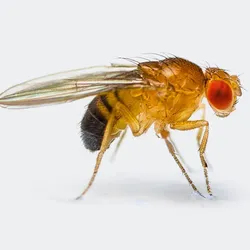Content by University of Utah Health Care
Filter by
AllArticlesAudioEbooksEventsInfographicsNewsProductsSurveysDocumentsVideosVirtual EventsWebinars
As many as 1.4 million Americans suffer from uncomfortable abdominal cramping and diarrhea that come with ulcerative colitis and Crohn’s disease. These conditions, collectively known as inflammatory bowel disease (IBD), are associated with an imbalance among the thousands of species of “good” bacteria that inhabit the gut. A University of Utah study published on Jan. 22, 2015, in Cell Host and Microbe demonstrates that mice deficient for a component of the immune system, a protein called MyD88, have an imbalanced gut bacterial community – with some species dominating over others - and are more susceptible to contracting a severe IBD-like illness. Further, fecal transplants from healthy donors alleviate IBD symptoms in these mice.

Open any introductory biology textbook and one of the first things you’ll learn is that our DNA spells out the instructions for making proteins, tiny machines that do much of the work in our body’s cells. Results from a study published on Jan. 2 in Science defy textbook science, showing for the first time that the building blocks of a protein, called amino acids, can be assembled without blueprints – DNA and an intermediate template called messenger RNA (mRNA). A team of researchers has observed a case in which another protein specifies which amino acids are added.




















